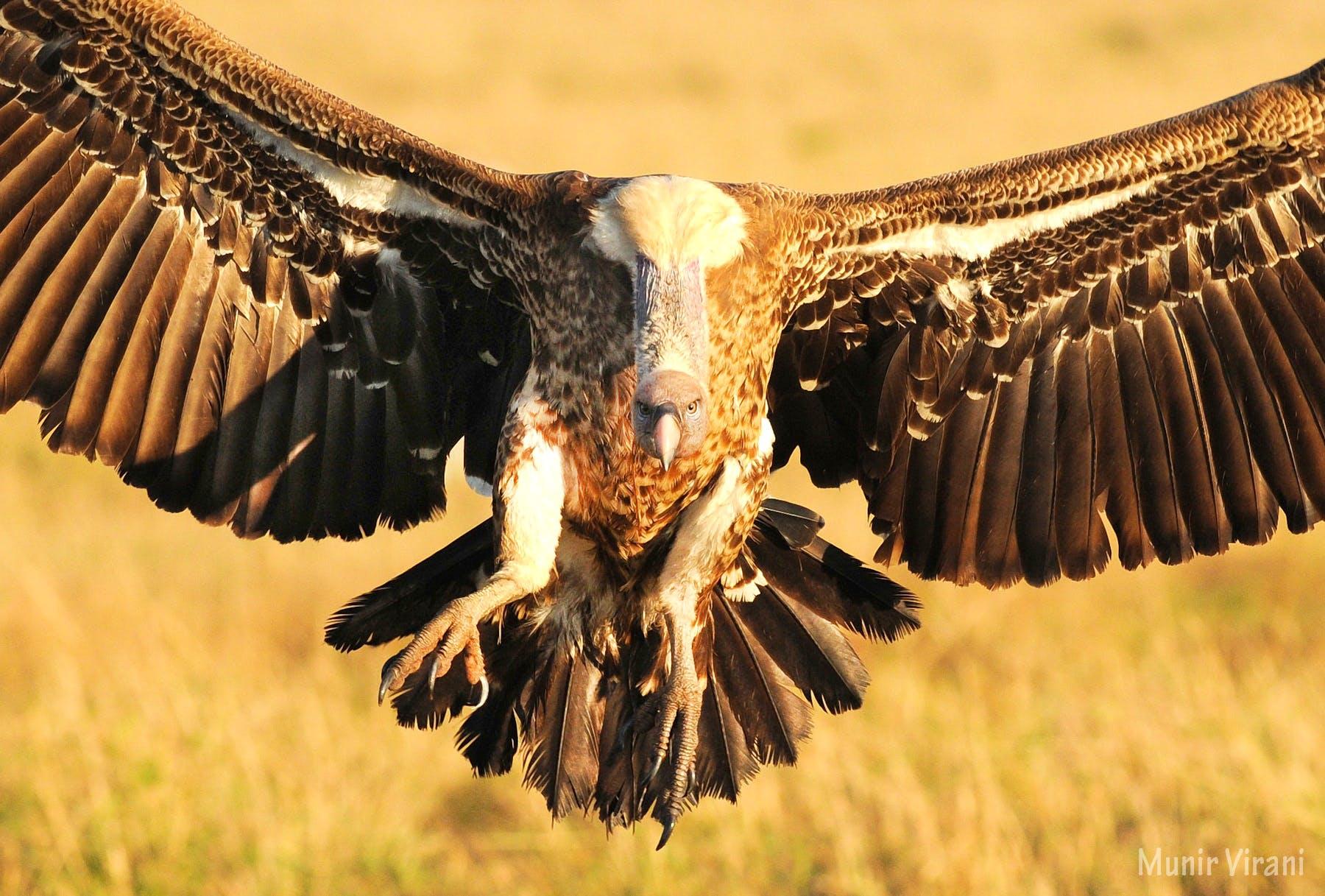Former cricket player gave up bat to save vultures
Former Kenyan cricket player steps in to rescue declining vulture population and help local communities understand their importance

Your support helps us to tell the story
From reproductive rights to climate change to Big Tech, The Independent is on the ground when the story is developing. Whether it's investigating the financials of Elon Musk's pro-Trump PAC or producing our latest documentary, 'The A Word', which shines a light on the American women fighting for reproductive rights, we know how important it is to parse out the facts from the messaging.
At such a critical moment in US history, we need reporters on the ground. Your donation allows us to keep sending journalists to speak to both sides of the story.
The Independent is trusted by Americans across the entire political spectrum. And unlike many other quality news outlets, we choose not to lock Americans out of our reporting and analysis with paywalls. We believe quality journalism should be available to everyone, paid for by those who can afford it.
Your support makes all the difference.Vultures are often viewed with contempt. Bald headed and with repulsive eating habits, they have earned a reputation as unattractive and a less than endearing bird species.Yet, these birds of prey play a critical role of cleaning up the ecosystem and preventing spread of disease.
Despite the crucial contribution the scavengers make, they have been under threat due to habitat loss, starvation, persecution and poisoning.
In Kenya's renowned Masai Mara Game Reserve, which hosts a large bird population in the region, vultures have been under threat due to revenge poisoning spurred by unresolved human-wildlife conflict.
"Generally, the African vulture populations have declined by two-thirds over the past three decades due to poisoning," says Munir Virani, the former cricketer who is now Vice President and Global Director for conservation strategy at Peregrine Fund, an international organisation that conserves birds of prey.
A raptor biologist and wildlife photographer, Kenyan-born, Munir has been raising awareness of the importance of the often overlooked bird and mobilising conservation efforts for the vulture in the Masai Mara Game Reserve.
Vultures primarily feed on dead animals without the risk of contracting diseases owing to their well-developed immunity. They, therefore, curb the spread of disease-causing bacteria found in carcasses, which is responsible for ailments such as rabies and anthrax.

The distribution of vultures is directly related to where there are carcasses. In Africa and particularly Masai Mara there is a huge distribution of migratory†angulates†such as the wildebeests and other wildlife.
Every in the year between July and September during the wildlife migration, up to 1.5 million wildebeest, zebras and gazelles cross Mara River from Serengeti National Park to Masai Mara and many of them die naturally leaving the vultures with the task of cleaning up.
Munir got particularly interested in the plight of the African vultures while working for Peregrine Fund in South Asia back in the year 2000. The populations of the gypís vulture had plummeted in Nepal and India by up to 90 per cent in the 1990s.
"In 2000 I was sent by Peregrine Fund to evaluate the root causes of the decline. Research revealed that the vultures were dying as a result of a pharmaceutical drug named diclofenac," he says. His research work led to the ban of the drug in the region and a notable increase of the vultureís population.
The success in South Asia spurred him to look at vulture populations in other parts of the world like Africa more carefully and started a similar project in Masai Mara in 2003 where vultures had also declined due to revenge poisoning.
Communities living around the reserve sometimes resort to poisoning predators such as lions and cheetahs that prey on their livestock, especially if they are not compensated for their losses. Vultures that feed on the poisoned carcasses die leading to their plummeting numbers.
Masai Mara, which is recognised as an important bird area hosts six of the eight vulture species found in Kenya, among them the rare white-headed and the Egyptian vulture.
Four of the six species are listed as critically endangered. Through partnerships between Peregrine Fund and several organisations in the Mara among them Masai Mara Wildlife Conservancies Association, Birdlife International, Kenya Wildlife Service, Nature Kenya, 10 birds in Masai Mara have been fitted with GPS transmitters to track the birds, identify the poisoning hotspots and respond appropriately.
Regular trainings with the members of the community have been critical in raising awareness on the importance of vultures to the ecosystem and significantly reduced poisoning incidences.

This article is reproduced here as part of the Giants Club African Conservation Journalism Fellowships, a programme of the charity Space for Giants and supported by the owner of ESI Media, which includes independent.co.uk. It aims to expand the reach of conservation and environmental journalism in Africa, and bring more African voices into the international conservation debate. Read the original story here
Join our commenting forum
Join thought-provoking conversations, follow other Independent readers and see their replies
Comments